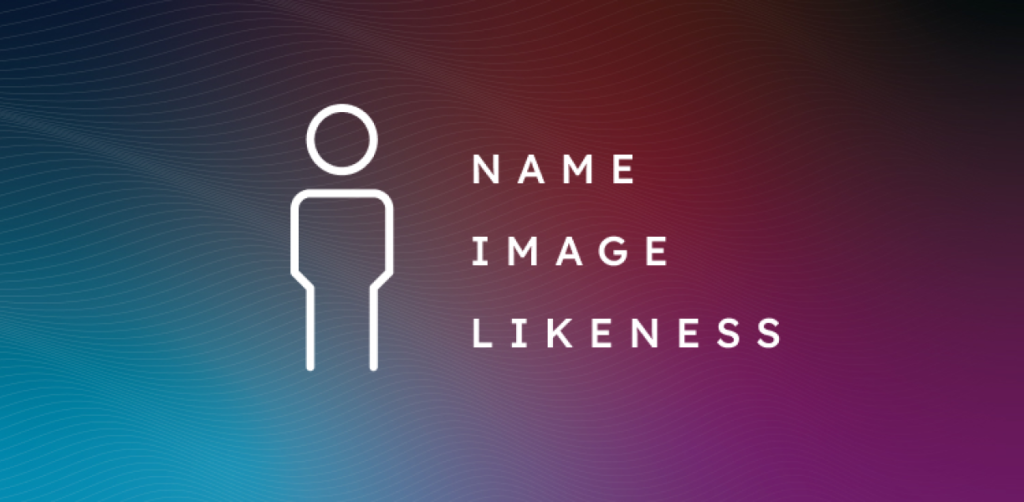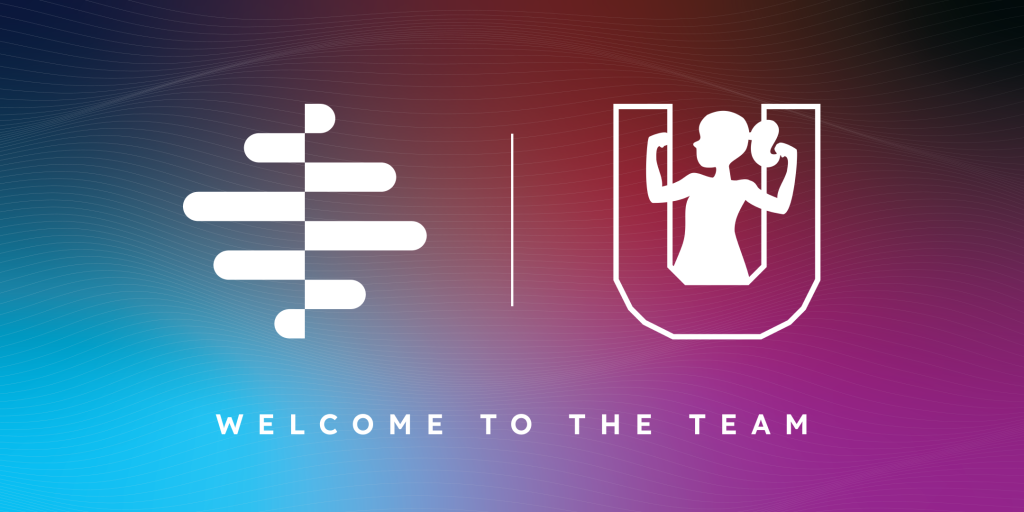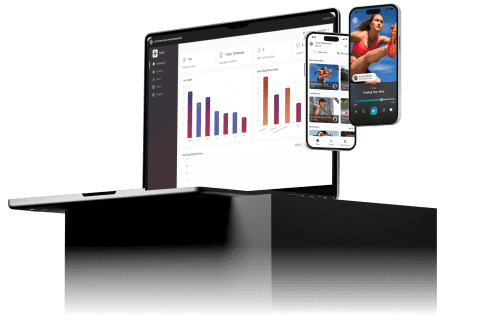Author – Ryan Miller
Ryan is an award-winning content creator and OMP’s Head of Content.
One of the United States’ brightest soccer talents Jesús Ferreira has given great insights as to what it takes to make it at the highest level.
He has also shared sage advice for young soccer players following his path to the national team in his Player’s Tribune ‘Letter to the Next Generation’.
Upon reading his article, the 23-year-old striker has revealed he uses a number of mental skills in dealing with pressure, expectation and setbacks.
The FC Dallas star also uses the article to speak about how he worked with a sport psychologist following his missed penalty kick during the US’ shootout loss to Panama in the CONCACAF Gold Cup semi-final last year.
This is what Ferreira’s letter tells us:
Dealing with Pressure
Ferreira is the son of a professional footballer. When his father David played at FC Dallas the team won a Conference Championship and he was named the MLS MVP in 2010.
Jesús was signed to the FC Dallas Academy and being the son of a club great added pressure.
“It was tough, but from Day One, you’re going to have to learn to deal with pressure and factors outside your control. Use it,” he said.
Instead of shying away from that pressure, Jesus embraced it and used it to motivate him while also carving out a strong identity for himself.
This is something that many athletes face when a parent or even both parents are successful athletes.
The pressure to follow in their footsteps or for their identity to be that they are – in Jesus’ example – “David Ferreria’s son” and not just “Jesus Ferreira” can be overwhelming.
The key for athletes is to not buy into this and to create their own strong sense of identity.
Athletes can do this by simply identifying their own values and then holding themselves to the values they set. Living up to their own values and characteristics rather than to that of their parents can ease the burden of carrying a famous name and provide them with a stronger sense of self, leaving them more confident and motivated.
Patience
In his letter, Ferreira also details how important a value patience is for up-and-coming athletes.
After signing his first professional contract in 2016, Ferreira scored in his professional debut as a 16-year-old, becoming the youngest FC Dallas player ever to debut.
“I signed my first deal and scored on my debut against Real Salt Lake,” he said.
“At 16, I was on cloud nine. I was like, I’ve arrived. I’ve got this.… What’s next??”
Next came a testing period for Ferreira missing out on team selection and going on a loan spell.
This can happen to many athletes. Once they are drafted, sign a professional contract or taste some success early in their careers they think they have made it.
Athletes who experience this can experience a loss of motivation which leads to poor performance.
They may have the same level of motivation but suddenly they go through a poor run of form are left out of a team, suffer an injury and as a result lose confidence.
For some young athletes this can be the beginning of the end and before they know it they are out of professional sport.
Athletes can easily address this by ensuring they have a strong support network around them – a family member, friend, teammate or coach that they can speak to when they are going through a rough patch.
These are the people that can lift spirits when they are low but also ensure that athletes maintain a level head when they are at their best.
Another key thing for young athletes to do to maintain their confidence is to train at a high level
Maintaining confidence is crucial for young athletes, and one of the best ways to do that is by consistently training at a high level. By pushing themselves during practice, they not only refine their skills but also build a solid foundation of self-belief. This kind of training prepares them for the intensity of competition, making them more resilient under pressure and boosting their confidence when it matters most.
Self-talk plays a vital role in this process. By using positive and constructive self-talk, athletes can reinforce their confidence and stay focused on their goals. For instance, reminding themselves of their strengths or repeating key phrases can help them maintain a strong mindset, especially during challenging moments. Combined with high-level training, this mental strategy can help athletes stay composed, adapt to game pressures, and perform at their best when it counts
Visualization is a powerful tool that significantly enhances the effects of high-level training. Research indicates that when athletes engage in visualization, it activates the same parts of the brain that are involved during actual physical performance. This mental practice allows athletes to vividly imagine themselves successfully executing specific skills and overcoming challenges. By repeatedly visualizing these scenarios, they can mentally rehearse various outcomes, reinforcing their confidence and sharpening their ability to perform under pressure. This process not only helps them build a strong sense of self-belief but also prepares them for competition with a clearer, more focused mindset, ensuring they are mentally equipped to handle the demands of their sport.
Control the controllables
This phrase has become somewhat overused in elite sport, but that’s because it’s an important reminder that athletes can only influence their own performance and as a result that is where their focus should be.
Ferreira explains that his when his focus was on results or anything other than his own physical efforts his overall performance dipped.
“I remember in the months leading up to the World Cup in Qatar, I was so desperate to make that squad.,” he said.
“There was a lot of talk about me, and I felt this pressure. I would get in my own head before every game, like I HAVE to score today. I HAVE to assist.
“I went the first three games of the season with zero. I was so focused on the ball going in the back of the net that I wasn’t really thinking about how I could help the team.”
Many athletes can fall into this trap. They are sidetracked by the goals they set for themselves rather than the process that will help them achieve them.
Athletes can ensure they remain focused on the task at hand by using self-talk statements, have performance cues written down on their equipment or clothing, set process and performance goals and finally use breathing exercises to refocus when they find their attention slipping.





